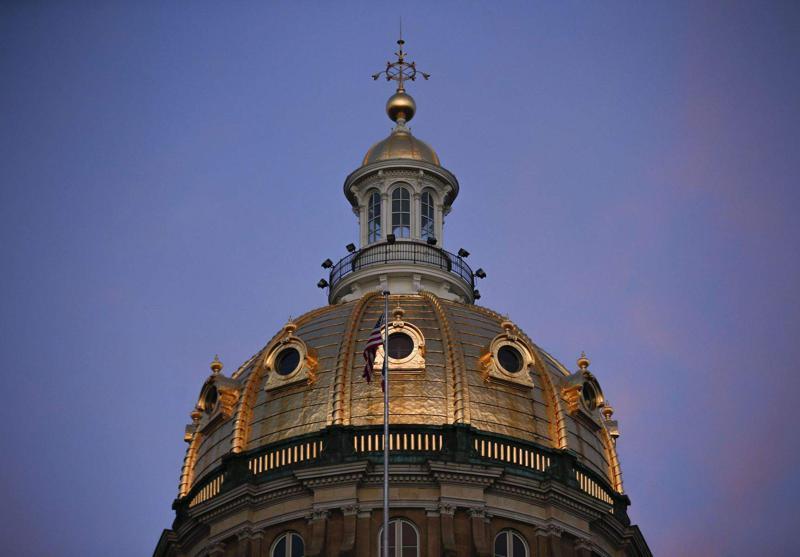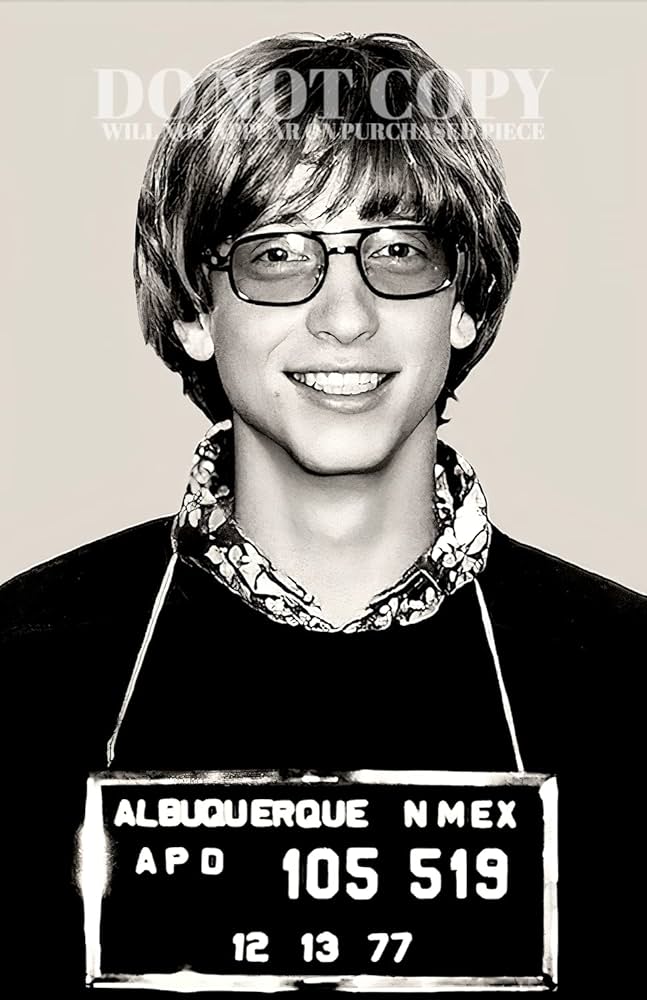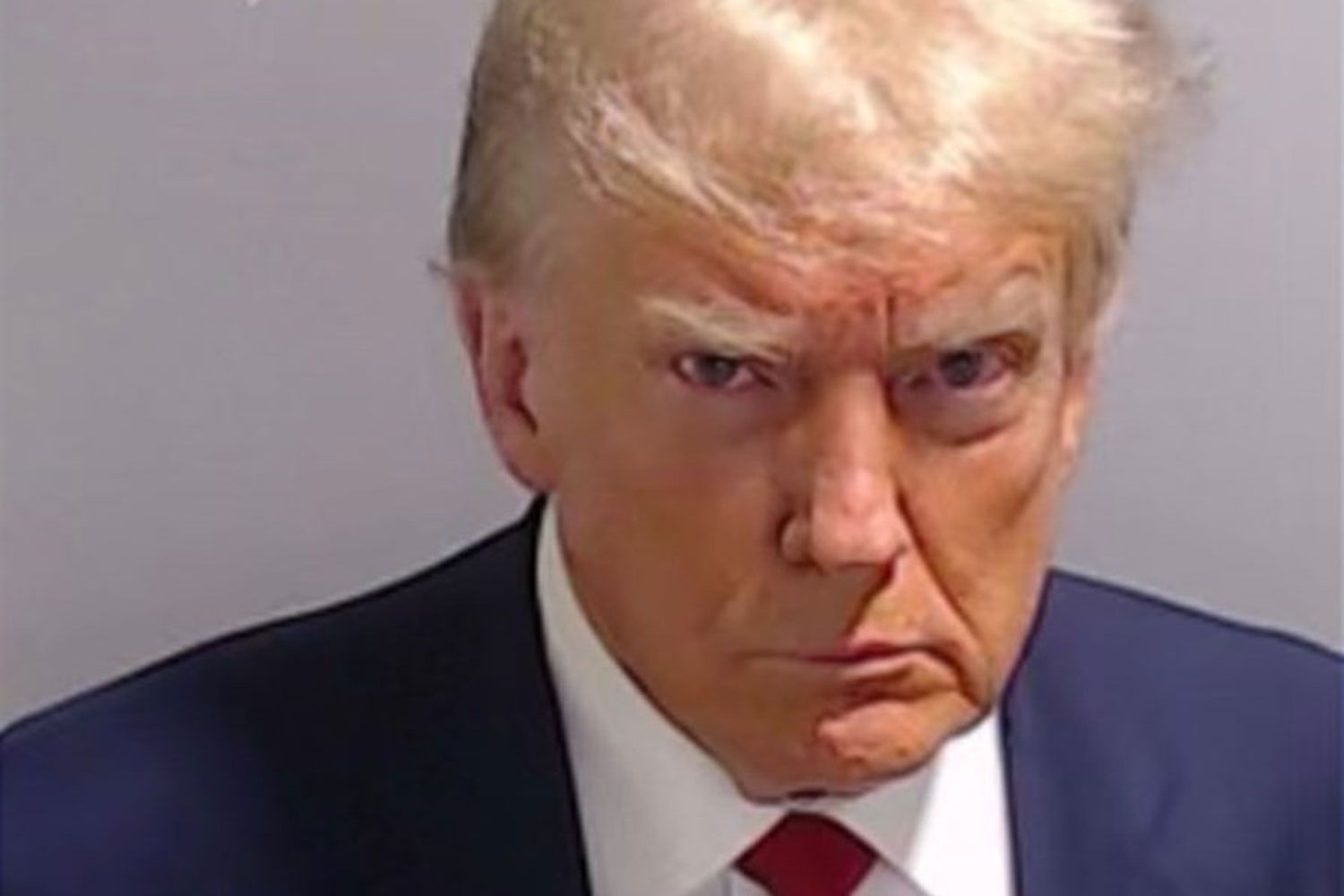DES MOINES — Mug shots of individuals booked into Iowa jails following an arrest would no longer be considered public records, with some exceptions, under legislation advanced Tuesday in the Iowa House.
The bill would stop police, county sheriffs and other law enforcement in the state from releasing booking photos following a person’s arrest or while in the custody of a law enforcement agency, unless the person is a fugitive, has been convicted, pleaded guilty to the charges, is deemed an “imminent threat to an individual or public safety” by law enforcement or a prosecuting agency, or the photo’s release would aid authorities in apprehending the individual.
House Study Bill 531 also makes an exception if a judge orders release of the booking photo to “further a legitimate interest.”
Supporters say the photos go against due process and irreparably harm people’s personal and professional reputations. Once released, the photos can be widely circulated online for employers, landlords, neighbors and other to see, becoming a barrier to housing, employment and personal relationships, regardless of whether the person ends up being convicted of a crime.
Individuals who had charges dropped or were found not guilty can find it difficult to repair their online reputation, said Lisa Davis-Cook, a lobbyist for the Iowa Association for Justice.
The organization, which represents Iowa’s trial lawyers, is registered in favor of the bill.
Davis-Cook said the Legislature “has done a lot in previous years” to allow individuals to expunge their criminal record if they received a not-guilty verdict or their case was dismissed.
“I think this bill is kind of the next step in that,” Davis-Cook said.
Law enforcement and media organizations argued there’s a public safety interest in having the photos publicly available to provide transparency in law enforcement, and that the public has a right to know who police have arrested and be visually identified to distinguish between individuals with the same name.

They note the booking photos come with a disclaimer from law enforcement that individuals are innocent until proven guilty.
“We have concerns with making more records confidential,” said Doug Struyk, a lobbyist representing the Iowa State Bar Association.
The group was registered undecided on the bill.
Struyk noted while a person’s booking photo would not be made public, their arrest and charges are still public record.
“All this is doing is removing a picture that seems like a tremendous half-measure … that doesn’t appear to go toward one of the major stated causes” for introducing the bill, Struyk said.
Supporters said they are not trying to conceal basic arrest information, such as an arrestee’s name and the charge. But argue that booking photos cause the subjects more lasting harm.
“They’re innocent until proven guilty, but that photo is still out there,” Davis-Cook said. “And that’s what people are going to focus on. And that’s what’s going to be put out for the world to see.”
Rep. Bill Gustoff, R-Des Moines, who chaired a subcommittee of lawmakers that advanced the bill for further discussion by the Iowa House Public Safety Committee, agreed.
“People don’t go digging and read criminal records and (police) blotters, and dockets,” Gustoff said. “But they do see pictures put on the internet. Even if it’s expunged, you can’t pull that down from the internet.”
Catherine Lucas, general counsel at the Iowa Department of Public Safety, said the bill would be “incredibly burdensome” for counties to verify whether a person was convicted or pleaded guilty.
“There’s no mechanism to directly communicate between the court system,” Lucas said. “ … Every single time they’re going to get a public records request for a mug shot, someone from the counties is going to have to confirm with the judicial branch whether there has been a conviction, what’s happened with that conviction.
“We think these being public does serve the public interest … and we think the system works well.”
The bill was filed by state Rep. Phil Thompson, R-Boone, chair of the House Public Safety Committee.
“You can ruin someone’s life with a mug shot,” Thompson said.
He said he’s seen friends’ and others’ reputation tarnished by an arrest that was expunged, or were found not guilty, because their booking photo still exists online.
“That can limit you in a lot of capacities. Public office is one,” Thompson said.
He said there was not one particular incident that sparked his interest in the bill. He noted in recent years lawmakers in several states, including Florida, have debated and passed measures prohibiting law enforcement from releasing mug shots, prohibiting websites from charging fees for the removal of mug shots from a web site or otherwise regulating sites' practices.
In other states, proponents of similar legislation have said post-arrest photos can perpetuate racial stereotypes.
“It can really ruin a person,” Thompson said. “ … We just want to make sure they’re not used as a weapon.”

 www.thegazette.com
www.thegazette.com
The bill would stop police, county sheriffs and other law enforcement in the state from releasing booking photos following a person’s arrest or while in the custody of a law enforcement agency, unless the person is a fugitive, has been convicted, pleaded guilty to the charges, is deemed an “imminent threat to an individual or public safety” by law enforcement or a prosecuting agency, or the photo’s release would aid authorities in apprehending the individual.
House Study Bill 531 also makes an exception if a judge orders release of the booking photo to “further a legitimate interest.”
Supporters say the photos go against due process and irreparably harm people’s personal and professional reputations. Once released, the photos can be widely circulated online for employers, landlords, neighbors and other to see, becoming a barrier to housing, employment and personal relationships, regardless of whether the person ends up being convicted of a crime.
Individuals who had charges dropped or were found not guilty can find it difficult to repair their online reputation, said Lisa Davis-Cook, a lobbyist for the Iowa Association for Justice.
The organization, which represents Iowa’s trial lawyers, is registered in favor of the bill.
Davis-Cook said the Legislature “has done a lot in previous years” to allow individuals to expunge their criminal record if they received a not-guilty verdict or their case was dismissed.
“I think this bill is kind of the next step in that,” Davis-Cook said.
Law enforcement and media organizations argued there’s a public safety interest in having the photos publicly available to provide transparency in law enforcement, and that the public has a right to know who police have arrested and be visually identified to distinguish between individuals with the same name.
Sign up for On Iowa PoliticsSubscribe now and receive a roundup of Iowa politics news sent directly to your inbox.
They note the booking photos come with a disclaimer from law enforcement that individuals are innocent until proven guilty.
“We have concerns with making more records confidential,” said Doug Struyk, a lobbyist representing the Iowa State Bar Association.
The group was registered undecided on the bill.
Struyk noted while a person’s booking photo would not be made public, their arrest and charges are still public record.
“All this is doing is removing a picture that seems like a tremendous half-measure … that doesn’t appear to go toward one of the major stated causes” for introducing the bill, Struyk said.
Supporters said they are not trying to conceal basic arrest information, such as an arrestee’s name and the charge. But argue that booking photos cause the subjects more lasting harm.
“They’re innocent until proven guilty, but that photo is still out there,” Davis-Cook said. “And that’s what people are going to focus on. And that’s what’s going to be put out for the world to see.”
Rep. Bill Gustoff, R-Des Moines, who chaired a subcommittee of lawmakers that advanced the bill for further discussion by the Iowa House Public Safety Committee, agreed.
“People don’t go digging and read criminal records and (police) blotters, and dockets,” Gustoff said. “But they do see pictures put on the internet. Even if it’s expunged, you can’t pull that down from the internet.”
Catherine Lucas, general counsel at the Iowa Department of Public Safety, said the bill would be “incredibly burdensome” for counties to verify whether a person was convicted or pleaded guilty.
“There’s no mechanism to directly communicate between the court system,” Lucas said. “ … Every single time they’re going to get a public records request for a mug shot, someone from the counties is going to have to confirm with the judicial branch whether there has been a conviction, what’s happened with that conviction.
“We think these being public does serve the public interest … and we think the system works well.”
The bill was filed by state Rep. Phil Thompson, R-Boone, chair of the House Public Safety Committee.
“You can ruin someone’s life with a mug shot,” Thompson said.
He said he’s seen friends’ and others’ reputation tarnished by an arrest that was expunged, or were found not guilty, because their booking photo still exists online.
“That can limit you in a lot of capacities. Public office is one,” Thompson said.
He said there was not one particular incident that sparked his interest in the bill. He noted in recent years lawmakers in several states, including Florida, have debated and passed measures prohibiting law enforcement from releasing mug shots, prohibiting websites from charging fees for the removal of mug shots from a web site or otherwise regulating sites' practices.
In other states, proponents of similar legislation have said post-arrest photos can perpetuate racial stereotypes.
“It can really ruin a person,” Thompson said. “ … We just want to make sure they’re not used as a weapon.”
Iowa lawmakers want to end the publication of arrest booking photos
The bill would stop police, county sheriffs and other law enforcement in the state from releasing booking photos following a person’s arrest or while in the custody of a law enforcement agency, unless the person is a fugitive, has been convicted, pleaded guilty to the charges, is deemed an...



